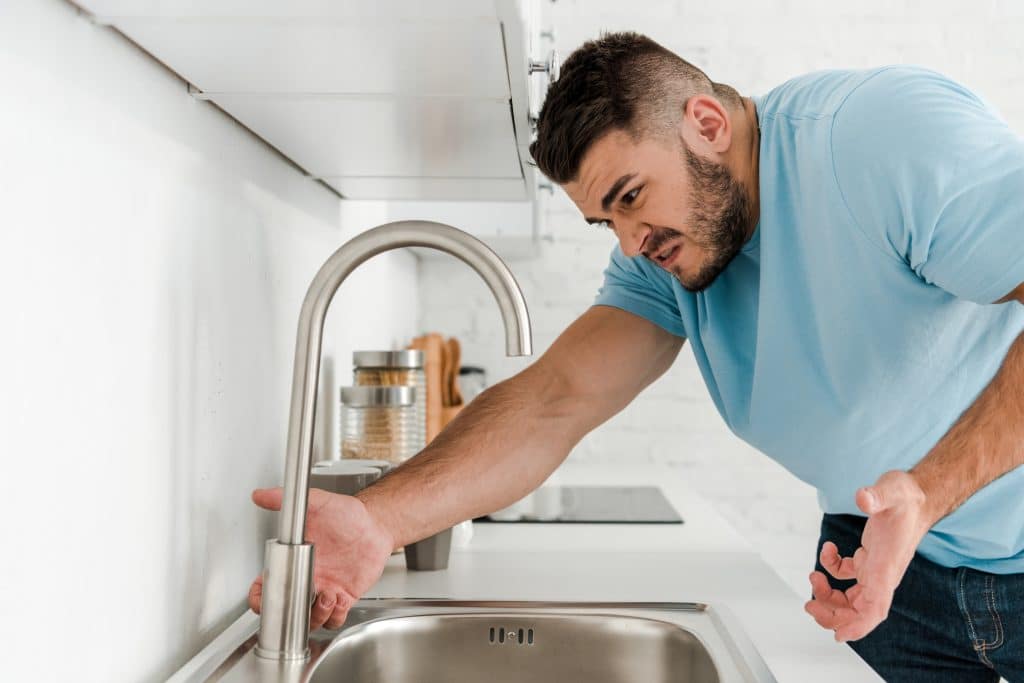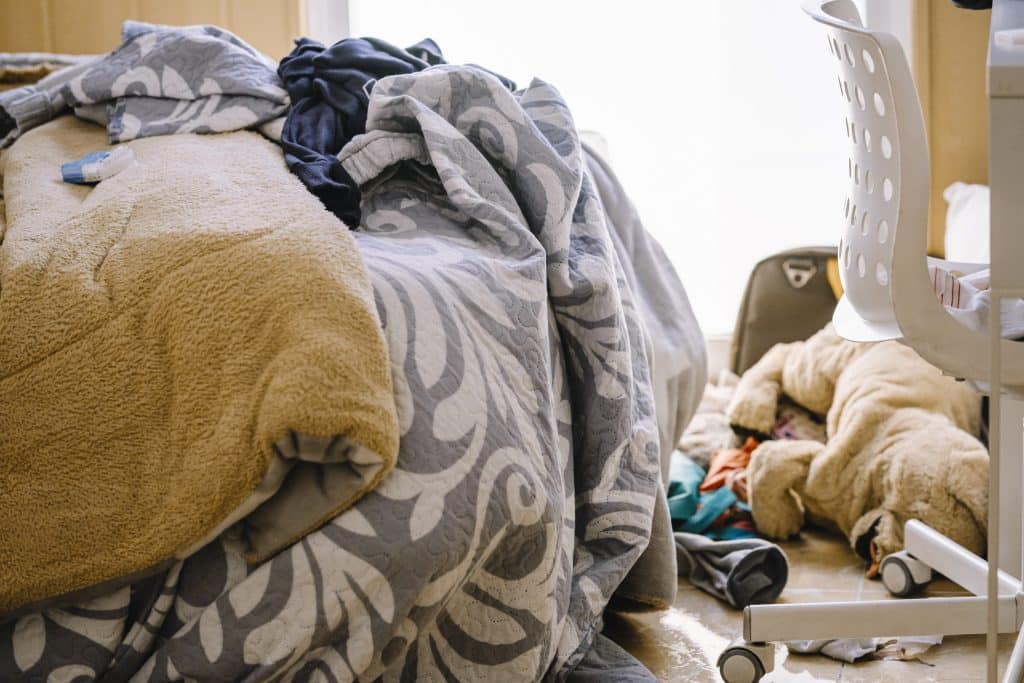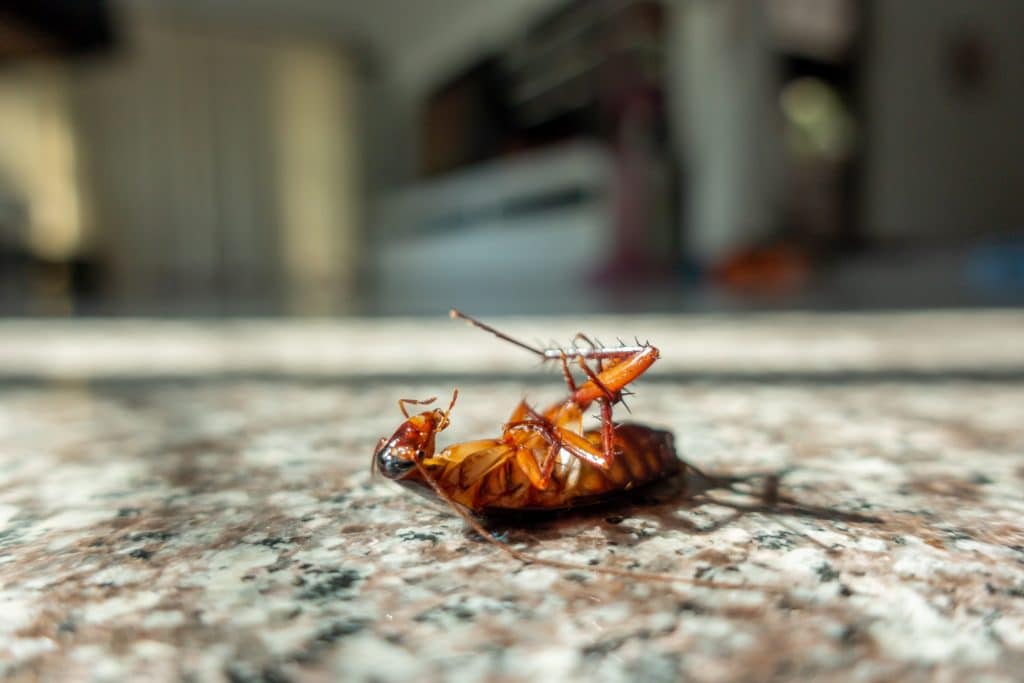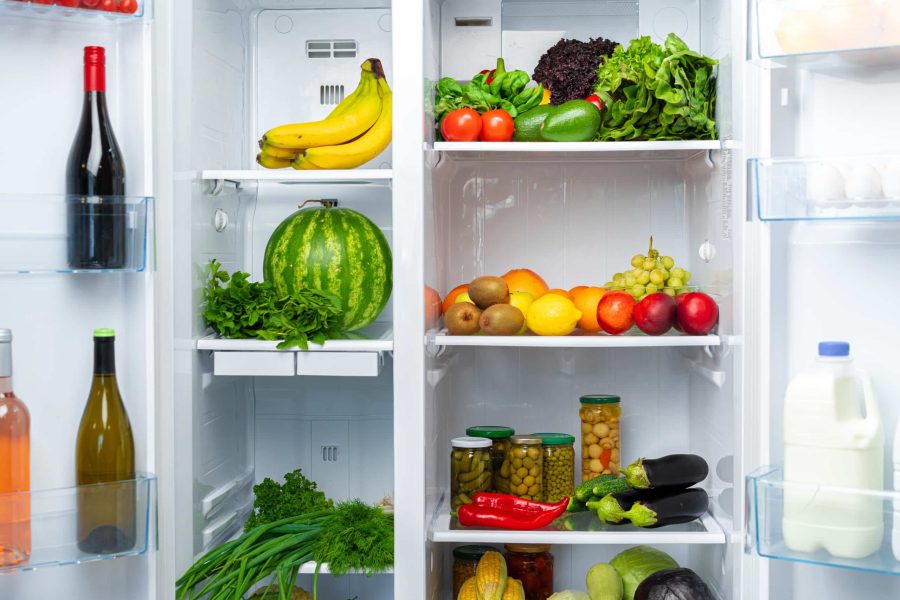Your home is supposed to be a sanctuary, a place where you can relax and feel secure. But what if the very habits you’ve cultivated are turning this haven into a ticking time bomb of potential problems? From neglecting regular maintenance to poor food storage, some everyday practices can have disastrous long-term consequences. This article is here to shed light on these common but destructive habits. By identifying and understanding them, you can take steps to prevent them from destroying your home and maintain a living space that’s both welcoming and durable.
Contents
Ignoring Regular Maintenance

Out of sight, out of mind—this mentality can lead to a host of problems in your home. When HVAC systems go unchecked or leaky faucets are ignored, you’re setting the stage for long-term damage that can result in costly repairs. These issues don’t just fix themselves; they usually worsen over time, leading to more significant problems like mold growth or structural damage.
The consequences of neglecting regular maintenance extend beyond your wallet. For instance, a poorly maintained HVAC system can lead to inefficient heating or cooling, making your home uncomfortable. Leaky faucets waste water, contributing to environmental issues and higher utility bills. It’s crucial to break this habit and invest time in regular home maintenance checks.
Overusing Cleaning Chemicals

It’s easy to think that using more cleaning chemicals will result in a cleaner home. However, this misconception can lead to the opposite effect. Overuse of cleaning agents can damage surfaces, strip protective finishes, and even discolor fabrics. Not only do you risk ruining your home’s interior, but you’re also wasting money on excessive cleaning supplies.
But the risks don’t stop at surface damage. Overusing cleaning chemicals can also pose health risks. Breathing in fumes from cleaning agents can lead to respiratory issues, and skin contact can cause irritation or allergic reactions. It’s essential to read the instructions on cleaning products and use them sparingly, ensuring both the longevity of your home and your well-being.
Hoarding And Clutter

Clutter can accumulate quickly, especially if you have an emotional attachment to your belongings. Before you know it, your home becomes difficult to clean, and you’re left navigating through a maze of stuff. This clutter doesn’t just make cleaning a Herculean task; it also poses fire hazards by blocking exits and providing fuel for potential fires.
The impact of hoarding and clutter goes beyond the physical state of your home; it can also affect your mental well-being. Living in a cluttered space can lead to increased stress and anxiety, making your home less of a sanctuary and more of a source of tension. It’s time to declutter, organize, and make your home a more livable space.
Improper Storage Of Flammable Items

You might not think twice about where you store household chemicals or how many gadgets are plugged into a single outlet. However, improper storage of flammable items can put your home at serious risk. Storing chemicals near heat sources or overloading electrical outlets are common mistakes that significantly increase the risk of a fire.
The dangers aren’t always immediately obvious, making this habit particularly insidious. Over time, chemicals can degrade and become more unstable, especially if stored in a hot or poorly ventilated area. Electrical outlets can also wear out, making them more susceptible to sparking. Being mindful of how and where you store flammable items can go a long way in preserving the safety of your home.
Wasteful Energy Habits

Leaving lights on in empty rooms or running appliances when they’re not needed might seem harmless, but these habits can have a significant impact over time. Not only do they contribute to skyrocketing utility bills, but they also increase your carbon footprint. The cost of convenience can be high, affecting both your wallet and the environment. Small changes, like turning off lights when leaving a room or using energy-efficient appliances, can make a big difference.
Moreover, energy wastefulness isn’t just about electricity. Wasting water by letting the tap run or taking excessively long showers also contributes to inefficiency. These habits strain natural resources and can lead to higher costs in areas where water is scarce. Being mindful of energy usage is not just good for your home; it’s a responsible choice for the planet.
Poor Food Storage

A loaf of bread on the counter or an open bag of chips might not seem like a big deal, but poor food storage can invite unwanted guests into your home. Pests like ants, roaches, and rodents are attracted to easily accessible food. Once they find a way in, getting rid of them can be a challenging and costly endeavor. Properly sealing food items and storing them in the right places can save you a lot of trouble down the line.
The consequences of poor food storage extend beyond pest control. Improperly stored food can spoil faster, leading to waste and potential health risks. The habit of leaving food out or not sealing it correctly can also attract bacteria, posing a risk to your family’s health. Therefore, it’s crucial to store food properly to maintain a clean and healthy home environment.
Neglecting Indoor Air Quality

Air quality is often overlooked because it’s not something you can easily see or touch. However, poor indoor air quality can have immediate and long-term health effects. Lack of ventilation can lead to a buildup of pollutants like dust, pet dander, and even volatile organic compounds from household products. These can exacerbate allergies and contribute to respiratory issues.
Toxic air fresheners or candles might mask odors, but they can also introduce harmful chemicals into your living space. Opting for natural alternatives and ensuring good ventilation can significantly improve indoor air quality. Investing in air purifiers or houseplants that purify the air are also excellent ways to make your home healthier and more comfortable.
Taking Action To Safeguard Your Home
Your home’s well-being is a mirror of your daily habits, and this post has spotlighted some of the most damaging ones. Awareness is the first step toward meaningful change. There’s no need to tackle all these issues at once; even minor, incremental adjustments can yield significant improvements. Start with just one or two changes, and you’ll be on your way to creating a home that’s not just a living space but a sanctuary for you and your loved ones. With each positive change, you’re building a foundation for a happier, healthier home for years to come!



